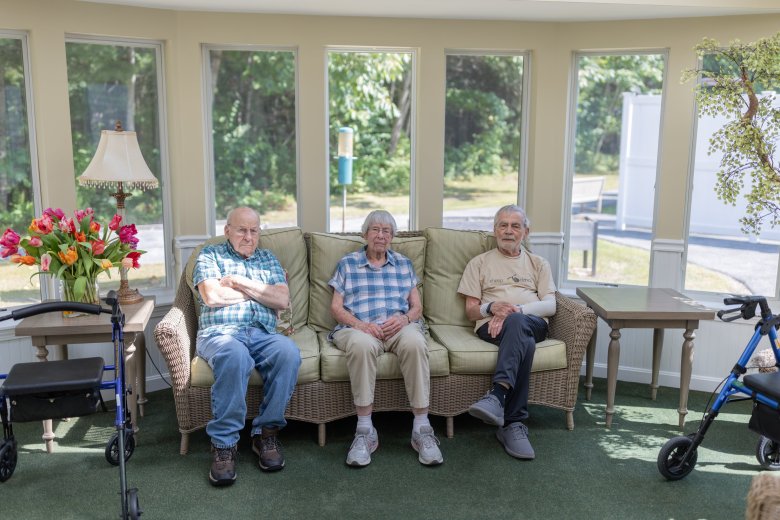Proposed Hong Kong bill allowing patients to reject end-of-life treatment will have 18-month grace period once passed

“Following the passage of the bill, we recommended allocating enough time for healthcare institutions, relevant departments and groups to renew their guidelines, records and systems, and provide timely training to their staff,” Lee told lawmakers.
She said time would also be needed to conduct public education and promote the new legislation.
Authorities aimed to have the second and third reading of the bill take place in the second quarter of this year.
Hong Kong to give terminally ill patients more say over where and how they die
Hong Kong to give terminally ill patients more say over where and how they die
The proposed bill, which also aims to provide legal protection to medical professionals and rescuers when respecting the directives, came after a public consultation on end-of-life care in 2019.
The draft of the medical document would be based on the principle of “cautious making, easy revoking” under the proposed legislative framework.
No fewer than two witnesses would be required when the patient requests the treatment to be rejected, and one of them must be a registered doctor.
A patient can revoke their advance directives at any time through verbal or written means or by destroying the documents, as long as they are mentally capable.
Lee said the government was also looking into electronic means for patients to draft, store or revoke their directives.
Hong Kong’s terminally ill may have more say in medical treatments and deaths
Hong Kong’s terminally ill may have more say in medical treatments and deaths
But lawmakers questioned whether the principle of “cautious making, easy revoking” could be implemented in reality.
“Let’s say a patient has reached their late stage and wants to cancel [the directive] in their mind, but isn’t able to express such a message. What then constitutes ‘easy revoking’?” lawmaker Rebecca Chan Hoi-yan asked.
“If the patient blinked their eyes when asked whether they wanted to revoke the directive, is this considered an expression under ‘easy revoking’?”
Eddie Lee Lik-kong, deputy secretary for health, said that revoking the directives could be done through written, verbal or other means.
Hong Kong patients could benefit from faster ‘1+’ drug approval: health minister
Hong Kong patients could benefit from faster ‘1+’ drug approval: health minister
“It could be nodding or shaking the head,” he said. “As long as a patient can express their thoughts to people around them, it could also be seen as a revocation.”
Lawmaker Reverend Peter Koon Ho-ming asked whether the government should impose stricter requirements for people to revoke their directives.
“If making a directive needs to be done cautiously, should this be the same as revocation too?” Koon said.
Undersecretary Lee said the authorities would educate the public that written means were most ideal in revoking a directive, while a verbal revocation was the preferred option only if the patient could not write.
Dr Doris Tse Man-wah, chairwoman of the Hospital Authority Clinical Ethics Committee, said that respecting a patient’s decision was important.
“It is equally important that a patient’s wishes to overturn an earlier decision are respected,” Tse said. “We don’t want patients to think that they have no choice after signing a directive.”
link







